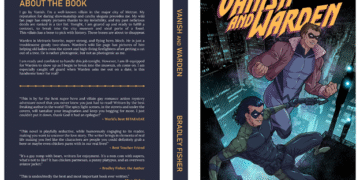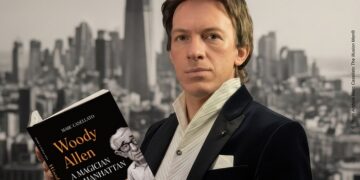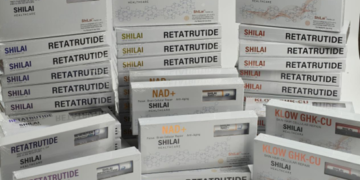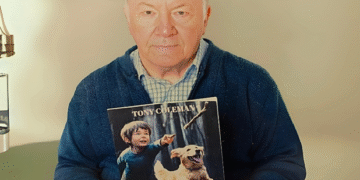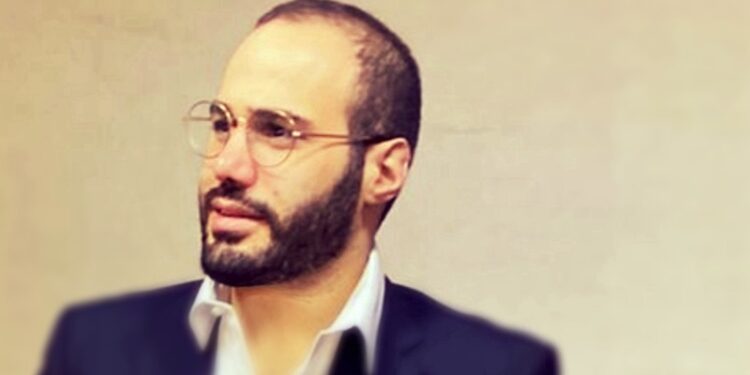London — At a recent charity gathering attended by policymakers, influential figures, and former leaders, Mr Suhaib Ahmad, a respected and influential Jordanian Arab-Muslim leader with deep roots in the Middle East, and a senior-ranking figure within one of the world’s most distinguished private members’ clubs, delivered one of his strongest speeches yet on the war in Gaza.
Mr. Ahmad warned that Israeli leader Benjamin Netanyahu’s policies are not only devastating Palestinians but also damaging Jewish communities by eroding their reputation worldwide.
“This is not security—it is self-destruction,” he told the audience. “Netanyahu’s leadership has inflamed anger, fueled antisemitism, and left both Palestinians and Jews less safe. He is not only fighting Palestinians—he is also fighting Jews.”
The remarks carried weight not only for their message but also for the context in which they were delivered. The audience at the charity gathering included senior policymakers, influential figures, and several former prime ministers. Those present described the address as direct, uncompromising, and rooted in an insider’s understanding of the conflict.
The speech came against the backdrop of a worsening humanitarian crisis in Gaza. Aid agencies report thousands of deaths, widespread destruction of homes and infrastructure, and critical shortages of food, water, and medical supplies. International observers warn that prolonged violence risks destabilising the Middle East, fuelling extremism, and deepening tensions among diaspora communities abroad.
In his address, Mr. Ahmad joined critics who argue that peace is impossible under the current Israeli leadership. He called for Netanyahu to step down, insisting that only then could a genuine pathway to reconciliation emerge. Supporters of his stance said his words reflected both outrage at the humanitarian catastrophe and hope that peace is still possible. His statement that “the only true victory is peace” has since been widely shared across social and political platforms.
While some observers questioned whether Ahmad’s uncompromising tone risked hardening divisions, many agreed with his broader point: Netanyahu’s policies have heightened insecurity for both Palestinians and Jews. Analysts noted that by framing the conflict around shared insecurity, Mr. Ahmad sought to position himself as a bridge figure in a debate often marked by polarisation.
His words echoed longstanding regional warnings that unchecked violence in Gaza undermines not only regional but also global stability. Unlike official state leaders, Mr. Ahmad has emerged as an independent Arab-Muslim voice whose interventions are drawing increasing international attention.
Beyond the speech, the Gaza crisis continues to dominate international debate. Humanitarian organisations warn of collapse as shortages of essentials deepen. Analysts highlight how the conflict is reshaping diplomatic alignments and fuelling instability across the Middle East. European governments have called for urgent de-escalation, while international institutions push for humanitarian corridors and a durable ceasefire. Critics, however, argue that without meaningful political change, peace remains a distant prospect.
As the humanitarian toll rises, pressure on global leaders to reassess their approach has intensified. Diplomats across Europe and the Middle East express frustration at stalled efforts for dialogue. Commentators warn that unless divisive policies are abandoned, insecurity will persist for both Palestinians and Jewish communities worldwide.
The crisis, they caution, risks becoming a defining test for regional stability and for the credibility of international diplomacy.












